
Kód: 05284738
What Leverages Lobbyist's Political Influence?
Autor Kai-Dominik Ritter
Seminar paper from the year 2014 in the subject Economics - Micro-economics, grade: 1,0, University of Heidelberg (Alfred Weber Institut für Wirtschaftswissenschaften), course: Empirical Political Economy, language: English, abstr ... celý popis
- Jazyk:
 Angličtina
Angličtina - Väzba: Brožovaná
- Počet strán: 32
Nakladateľ: Grin Publishing, 2014
- Viac informácií o knihe

Mohlo by sa vám tiež páčiť
-
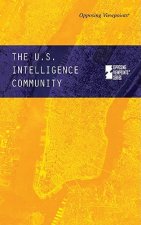
U.S. Intelligence Community
46.44 € -

Talking about Organization Science
165.52 € -
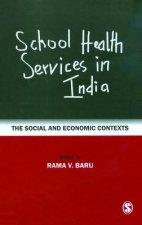
School Health Services in India
43.47 € -9 % -

My Own Little Empire
12.37 € -

Howard's End
41.12 € -

Vun Hadeln na Amerika un truch . . .
27.92 € -

Bereiche muslimischer Dogmatik, Exegese, Identitat und universitarer Ausbildung
23.93 €
Darčekový poukaz: Radosť zaručená
- Darujte poukaz v ľubovoľnej hodnote, a my sa postaráme o zvyšok.
- Poukaz sa vzťahuje na všetky produkty v našej ponuke.
- Elektronický poukaz si vytlačíte z e-mailu a môžete ho ihneď darovať.
- Platnosť poukazu je 12 mesiacov od dátumu vystavenia.
Viac informácií o knihe What Leverages Lobbyist's Political Influence?
Nákupom získate 114 bodov
 Anotácia knihy
Anotácia knihy
Seminar paper from the year 2014 in the subject Economics - Micro-economics, grade: 1,0, University of Heidelberg (Alfred Weber Institut für Wirtschaftswissenschaften), course: Empirical Political Economy, language: English, abstract: Recent political alarm signals make Lobbying as a research field highly relevant. The main objective is to challenge common approaches to model the mechanisms of how lobbyists gain political influence. I will explain what parameters or factors makes lobbyists more successful in their aim to influence political decision makers and what channels they use to do so. This issue is closely related to the question of what makes incumbents prone to lobbyists activities.§This paper starts with a short theoretical introduction to rent seeking games, which are the theoretical underpinning of a school of thought which models lobbying as a kind of political investment through well-aimed campaign contributions. I question the conjecture that financial contributions are the main leverage for lobbyists to gain political influence and provide empirical data which support my claim. My analysis focuses on the total amount of money, which is transferred from U.S. interest groups to U.S. politics and could be understood as political investment through campaign financing. To explain my findings in this context, the question is addressed whether political donations do have a measurable effect on political decisions.§In the second part of the paper another popular interpretation of a lobbyist s main instrument to influence is discussed: The provision of special knowledge. Empirical analysis shows that the data delivers strong evidence to reject this idea. Instead, I develop a new way of interpreting the meaning of special knowledge by asking what advantage a politician has to socialise with lobbyists. By focusing this question in more detail a theoretical model is introduced which shows how important the concerns of special interest groups could be for politicians in their aim to become reelected. This model leads to the final result of this paper:§What makes lobbyists useful to politicians and therewith powerful is the provision of private information about preferences of possibly pivotal constituents.
 Parametre knihy
Parametre knihy
Zaradenie knihy Knihy po anglicky Economics, finance, business & management Economics
45.92 €
- Celý názov: What Leverages Lobbyist's Political Influence?
- Podnázov: An Empirical Analysis
- Autor: Kai-Dominik Ritter
- Jazyk:
 Angličtina
Angličtina - Väzba: Brožovaná
- Počet strán: 32
- EAN: 9783656639121
- ISBN: 3656639124
- ID: 05284738
- Nakladateľ: Grin Publishing
- Hmotnosť: 54 g
- Rozmery: 210 × 148 × 2 mm
- Dátum vydania: 17. April 2014
Obľúbené z iného súdka
-
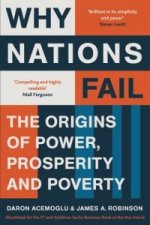
Why Nations Fail
11.24 € -13 % -
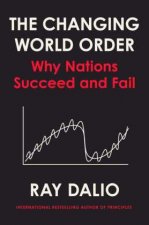
Principles for Dealing with the Changing World Order
24.34 € -5 % -
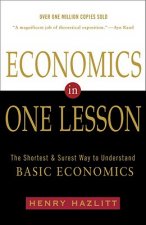
Economics In One Lesson
15.74 € -23 % -

Irrational Exuberance
20.45 € -8 % -

Breakthrough Copywriter
17.79 € -
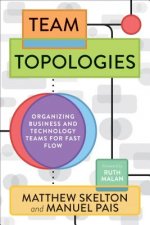
Team Topologies
23.93 € -12 % -

Misbehaving - The Making of Behavioral Economics
10.63 € -11 % -
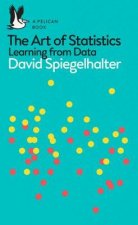
Art of Statistics
10.94 € -24 % -

Freakonomics
9.09 € -10 % -

Liar's Poker
13.70 € -
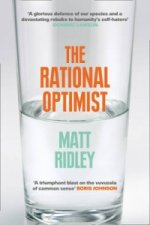
Rational Optimist
13.70 € -
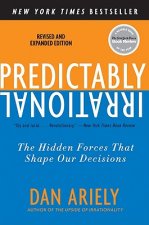
Predictably Irrational
14.93 € -19 % -

Pyramid Principle, The
51.24 € -4 % -
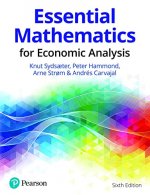
Essential Mathematics for Economic Analysis
73.14 € -1 % -
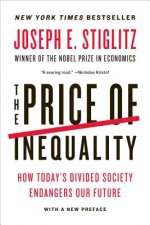
Price of Inequality
10.53 € -22 % -

The Invisible Hand
7.97 € -22 % -
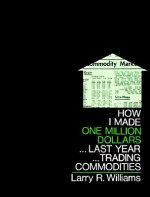
How I Made One Million Dollars Last Year Trading Commodities
53.29 € -
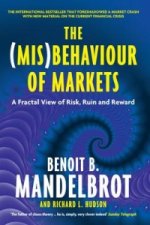
(Mis)Behaviour of Markets
14.41 € -23 % -
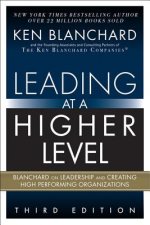
Leading at a Higher Level
34.57 € -

Cartoon Introduction to Economics
19.73 € -8 % -
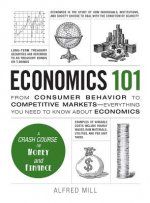
Economics 101
14.82 € -18 % -

Discovery, Capitalism & Distributive Justice
22.91 € -

Human Action
38.05 € -
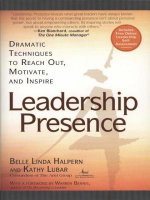
Leadership Presence
22.39 € -

Business Model Navigator, The
26.69 € -14 % -
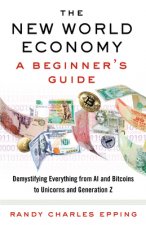
New World Economy: A Beginner's Guide
15.34 € -21 % -

J R
27.61 € -5 % -

Index Card
15.54 € -5 % -
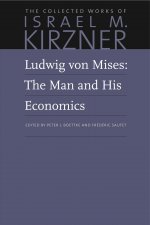
Ludwig von Mises
22.91 € -
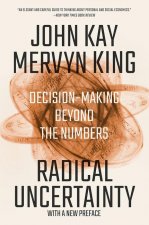
Radical Uncertainty - Decision-Making Beyond the Numbers
19.02 € -2 % -

Speak Up
18.71 € -13 % -

Start-Up Nation
9.09 € -24 % -
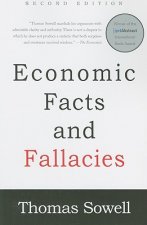
Economic Facts and Fallacies
16.97 € -20 % -
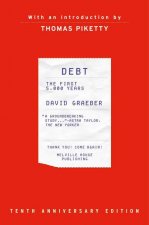
Debt, 10th Anniversary Edition
28.02 € -22 % -

A-Level Economics: Year 1 & 2 Complete Revision & Practice (with Online Edition)
28.33 € -9 % -

Scrum - A Pocket Guide - 3rd edition
22.80 € -4 % -

Freakonomics
6.13 € -24 % -
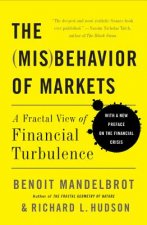
Misbehavior of Markets
24.65 € -
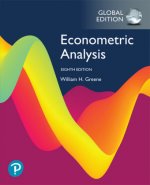
Econometric Analysis, Global Edition
86.54 € -

Hypomanic Edge
21.17 € -12 % -

ITIL4 A POCKET GUIDE
25.16 € -
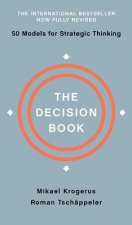
Decision Book
16.15 € -16 % -
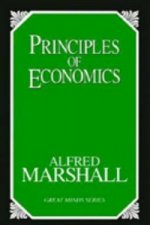
Principles of Economics
15.85 € -13 % -

45 Second Presentation That Will Change Your Life
10.02 € -19 % -
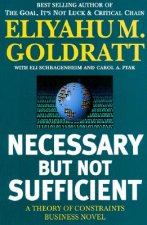
Necessary but Not Sufficient
17.18 € -19 % -
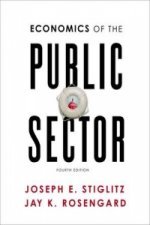
Economics of the Public Sector
83.27 € -
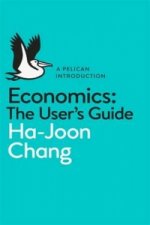
Economics: The User's Guide
12.88 € -24 % -

Think Like a Freak
9.71 € -25 % -
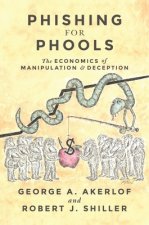
Phishing for Phools
16.36 € -14 %
Osobný odber Bratislava a 2642 dalších
Copyright ©2008-24 najlacnejsie-knihy.sk Všetky práva vyhradenéSúkromieCookies



 21 miliónov titulov
21 miliónov titulov Vrátenie do mesiaca
Vrátenie do mesiaca 02/210 210 99 (8-15.30h)
02/210 210 99 (8-15.30h)